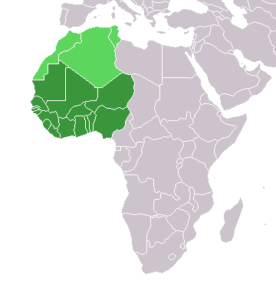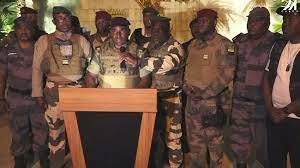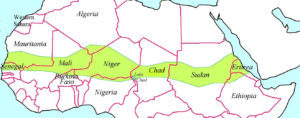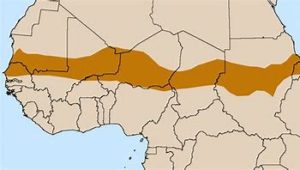
Introduction by Ahmedou Ould Abdallah, president centre4s.org
In the Sahel, increasingly long-lasting violent terrorism as well as chronical military coups d’état are distracting attention from a situation that undoubtedly reinforce both of them. That is Gold formal and informal productions and sales. It must no longer be excluded that Sahel Islamists have approaches closer to their brothers’ in Afghanistan, Somalia and elsewhere than thought. Self-financing through the sale of a lucrative local product is a source of independence and influence: opium for Taliban, maritime piracy for Al Shabab and… gold sales for the Sahel groups.
The below paper of Centre4s consultant deserves attention and follow up.
Read More
 X th Abu Dhabi Strategic Debate
X th Abu Dhabi Strategic Debate

 Immensely vast and still relatively lightly populated, the Sahel continues to be professed as a well-known region. However, for more than a decade, this region has never ceased to surprise by multiple mutations and various brutalities that have started, developed and are spreading there. The current decade atrocities can be boosted only by those that are currently exploding and spreading in Sudan since April 15, 2023. After Mali, Burkina Faso and Niger, the latest to join that scene of change, will it further aggravate the situation leading, by imitation effect, to another or more states?
Immensely vast and still relatively lightly populated, the Sahel continues to be professed as a well-known region. However, for more than a decade, this region has never ceased to surprise by multiple mutations and various brutalities that have started, developed and are spreading there. The current decade atrocities can be boosted only by those that are currently exploding and spreading in Sudan since April 15, 2023. After Mali, Burkina Faso and Niger, the latest to join that scene of change, will it further aggravate the situation leading, by imitation effect, to another or more states?
 ‘’Today what happens everywhere can be seen and heard everywhere’’.
‘’Today what happens everywhere can be seen and heard everywhere’’.